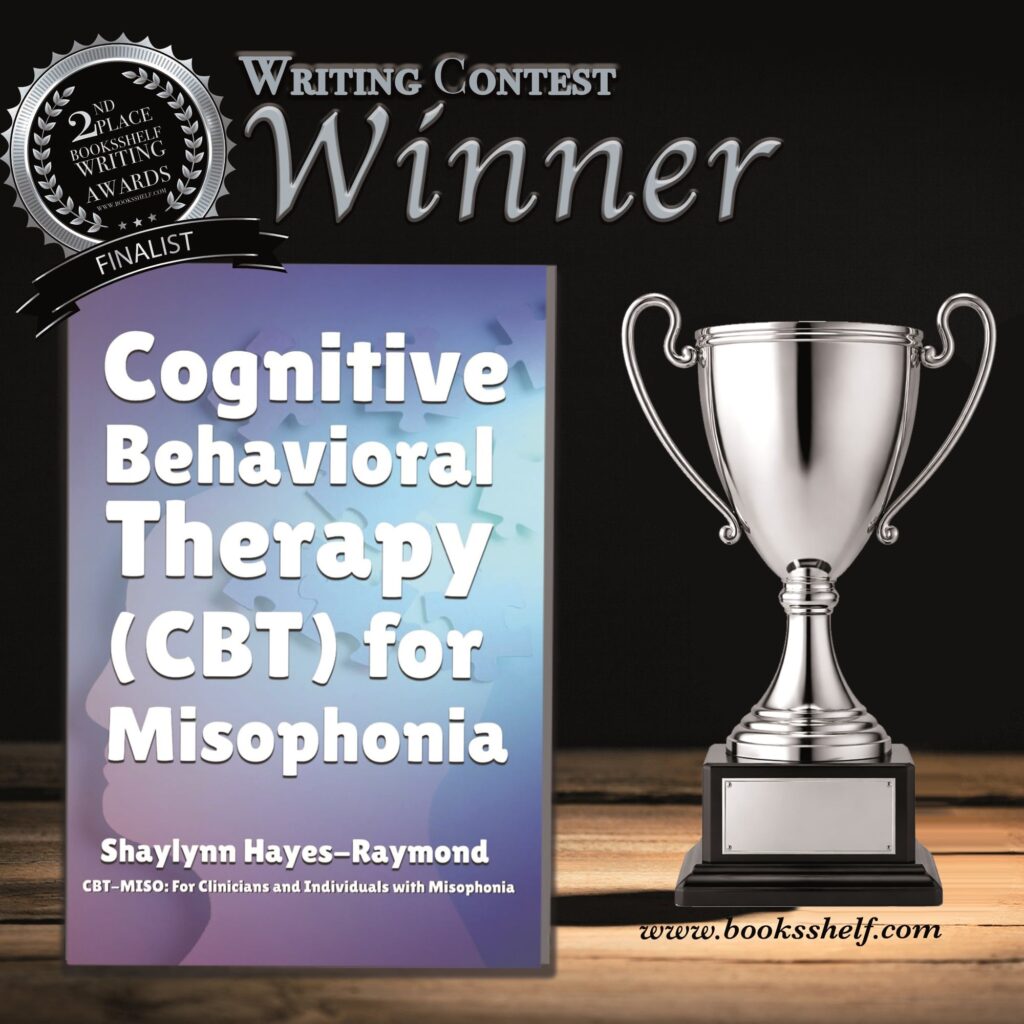
Hi there, Dr. Rosenthal! I am thrilled to hear that the Duke Center for Misophonia and Emotion Regulation is officially established. Would you tell me a little bit about how the center is set up?
Hi, Jen! Happy to. The Center is set up to advance research, education, and clinical services for adults with Misophonia. An anonymous and generous family that wants to do help rapidly accelerate knowledge about misophonia recently funded us. It is an incredible honor. And we have a lot of work to do!
The Center includes a post-doctoral researcher, three doctoral students, several faculty researchers, an administrative and regulatory lead, and a growing number of undergraduate research assistants. These staff members are involved in all aspects of our center, and each contributes unique expertise to the work we do.
Would you tell me about the overall goals of the Center in terms of research?
Sure. We want the science we do to have an impact on people who are suffering. Aligned with the Milken Institute report on Misophonia, our first goal is to study the phenotype of Misophonia. This means that we will be doing studies that carefully examine correlates and possible causes of Misophonia in order to better understand what it is, what it isn’t, and where we should then be looking for the most effective treatments.
Our first study is designed to develop and validate a measure that has strong psychometric properties and can be used by researchers to study Misophonia. Our second study will use structured psychiatric diagnostic interviews, a laboratory study, and a prospective study using mobile phones to investigate Misophonia and related difficulties with emotion regulation. And, most recently, our Center researcher Dr. Andrada Neacsiu was funded by the REAM Foundation to use neuroimaging and neuromodulation techniques in an effort to look for candidate neural targets for treatment in Misophonia. We also have begun early collaborative work with colleagues to explore possible genetic underpinnings of Misophonia, and are actively building other collaborations with really smart and motivated scientists.
I understand that the Center is multidisciplinary in nature. Would you describe the various kinds of researchers involved, and how each field may contribute to a better understanding of this disorder?
We think that Misophonia is inherently a multi-disciplinary problem. It involves how we hear things, how our brains process information, what we do with that information, and the emotions we experience. As a result, it needs to be both studied and treated using a multi-disciplinary approach.
We are clinical psychologists, and so we have our own natural biases and blind spots. We tend to focus on emotions and how people manage the experience of strong emotions. Given this emphasis, we are intentional in setting up the Center in a way that enables research, education, and clinical services with disciplines outside clinical psychology. For example, we have collaborators in areas such as auditory and cognitive neuroscience, translational genetic epidemiology, neuropsychology, and audiology. Each field brings unique and important perspectives that collectively should yield better insights than any one field alone.
What kind of treatment will you be offering?
We encourage a multi-disciplinary approach to evaluation that leads to a person-centered treatment plan that is both flexibly tailored and grounded in clinical science. Some people who come into the Center for evaluation will receive treatment recommendations that do not include any psychological services. Others will receive a plan that involves the use of evidence-based approaches for co-occurring psychiatric problems, designed to address Misophonia.
We are psychologists, so we will be offering psychological services. We use a process-based approach using cognitive and behavioral approaches with empirical support for intervening on Transdiagnostic problems—things like attentional hypervigilance, emotional reactivity, cognitive biases, interpersonal difficulties, and unhelpful behaviors.
Will there also be a variety of clinicians available to see individuals with misophonia? Please explain how these different therapists may be of help.
We are currently offering evaluations for misophonia that include treatment recommendations. As I mentioned, these recommendations may involve a range of providers, including psychologists, neurologists, and audiologists. As psychologists, we offer evidence-based treatment designed to help individuals cope with the experience of strong emotions.
These skills can help people in a lot of ways! For example, if someone hears a trigger sound and gets angry, they might be tempted to yell at the person making the sound. Sometimes this behavior will get the other person to stop making the sound, and sometimes it won’t. Yelling at someone also might cause an argument. In this situation, we would help someone learn skills to ask for what they want in an effective way.
All the skills we teach have research indicating they are helpful to people. It’s our job as psychologists to make sure we tailor the skills to each patient, given their context and goals. Additionally, some of our research will focus on treatment and how we can develop existing treatments for Misophonia. Individuals will be able to receive treatment as part of these studies.
Please tell us a little bit about the history of the Center and how it has changed, and what further objectives you have for the Center over the next three years?
Well, as you know, we were launched as a program in the late 2000s with the intention of studying sensory processing and emotion regulation. We published several studies and, over time, tightened the focus to be more specifically on Misophonia. In the next three years, we plan to make progress in all three domains of our Center’s mission: education, clinical services, and research.
We are starting our education initiatives by hosting quarterly webinars on topics of interest to the Misophonia community, including updates from recent research studies. Our clinical services are currently focused on evaluation and treatment recommendations. As we learn more about Misophonia, we plan to expand our clinical services to include treatments designed specifically for Misophonia.
And our research is currently focused on understanding what Misophonia really is. This research is multidisciplinary in nature and involves examining whether any psychological problems, like depression and anxiety, frequently co-occur with misophonia, as well as examining the neurological mechanisms that underlie the condition. Additionally, we are excited to start treatment studies! Using the knowledge we have so far, we are going to start by adapting existing evidence-based treatments to Misophonia in order to help individuals cope with the symptoms.
Is there a particular age group that is appropriate for the Center?
We are able to provide clinical services for adults only. We work with our colleagues at Duke to provide care for children outside the Center, and we hope to raise funds and interest in the future to bring a child psychologist into the Center team.
What about parents?
Parents can be involved in certain research studies and can receive an evaluation and recommendations on ways to manage their emotions, communication, thoughts, and behaviors related to the stress of parenting children with Misophonia.
How can an individual reach the Center?
The best way to contact our center is to email psychcmer@dm.duke.edu. We check this email address daily and respond as quickly as we can! Or, see our website: http://www.misophonia.duke.edu.
What about the Duke Quarterly Research updates?
To sign up for our workshop updates, see MIsophonia Education Duke Quarterly Research Updates
Thank you so much, Zach! This is so exciting for the misophonia community!







